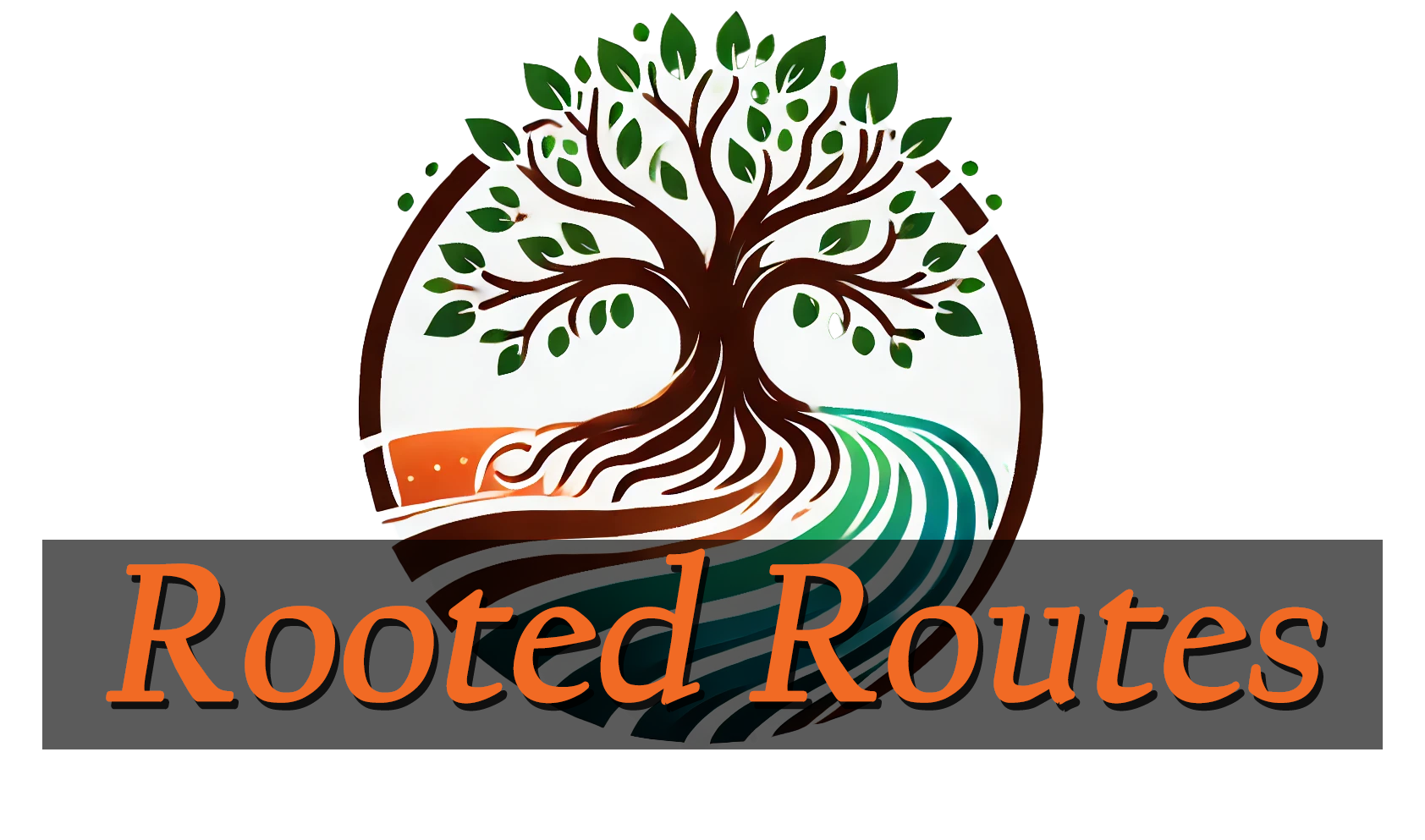Not long after I arrived in this new country, I struck up a conversation with a colleague of mine. She’s also from Africa, and like me, she was adjusting to this unfamiliar world, trying to find her footing.
One day, during one of our chats, she opened up about how difficult things had been for her. I didn’t get all the details, but it was clear that she was dealing with personal struggles; things weighing on her mentally. She told me she had been trying for months to find a psychologist, someone to talk to, someone who could help her process it all.
Eventually, she found a doctor, an older man; and scheduled her first session. She hoped that finally, she could pour her heart out and begin to heal. But instead of feeling heard, she walked away from that session feeling judged.
The first thing he said to her after she had opened up was something along the lines of, “Do you think the problem is because of your home? The wars, maybe? Or your religion?”
She was stunned. This wasn’t her story. It wasn’t even close. To her, it felt like he had already made up his mind about who she was and why she was struggling, based solely on where she came from.
She told me how that moment crushed her. She’d spent months summoning the courage to seek help, only to be met with assumptions and stereotypes. It wasn’t just disappointing; it left her feeling even more alone and isolated. She immediately cut off the service, unable to return to someone who had made her feel so small and unseen.
Listening to her, I couldn’t stop thinking about how much this happens to people like us… immigrants, people of colour, and anyone who doesn’t quite “fit” into the mould of the place we’ve moved to. It’s like Chimamanda Adichie’s words about “the danger of a single story.” When someone looks at you and decides they already know who you are, based on your race, your religion, or your background, they reduce you to a single narrative. And in doing so, they erase the complexity of your experiences, your humanity.
My colleague didn’t need judgment; she needed understanding. She didn’t need someone to assume her struggles came from stereotypes about her home or her faith. She needed someone who could look past those assumptions and truly listen to her story, her pain, and her truth.
Her experience made me think about how often this happens, not just in therapy but in everyday life. How many people carry heavy burdens, only to feel judged when they try to share them? How many of us are forced to defend ourselves against assumptions instead of being given the space to just be?
This is the real danger of assumptions: they strip people of their humanity, their individuality, and their voice. They create walls where bridges are needed most. And for people like my colleague, who was brave enough to seek help, those walls can feel insurmountable.
I hope, someday, we can live in a world where people are seen for who they truly are, not who others assume them to be, because we are all more than a single story.
